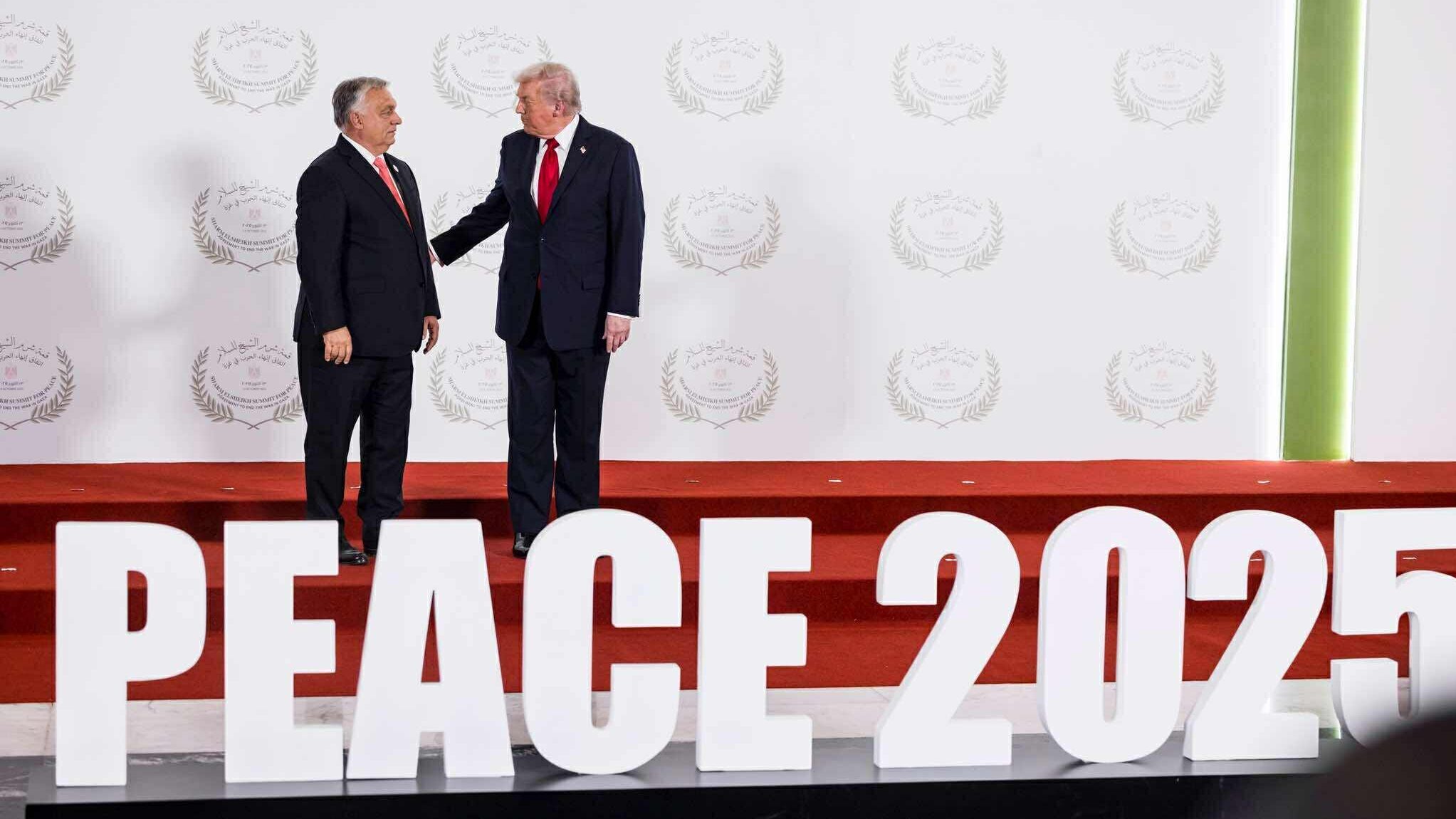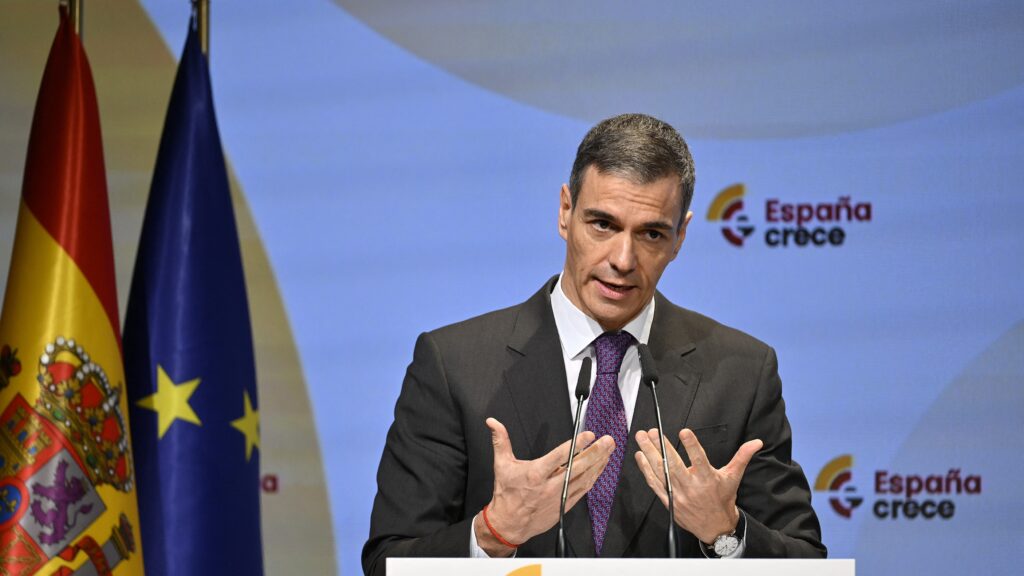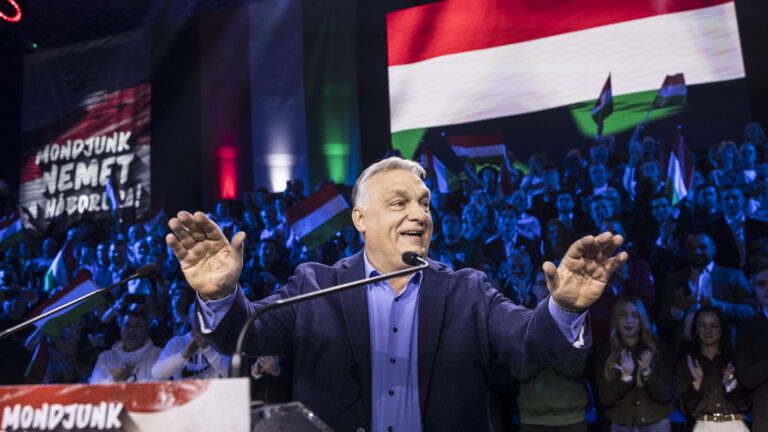US President Donald Trump is set to meet Russian President Vladimir Putin in Budapest, Hungary, to discuss the settlement of the war in Ukraine. While the exact date of the summit has not yet been disclosed, anticipation is already building for what could be a historic meeting in the Hungarian capital.
Director of the Oeconomus Economic Research Foundation Anton Bendarjevskiy underscored the immense diplomatic and symbolic significance of hosting such a high-level summit in a Facebook post on Friday. He wrote that any country hosting a meeting between the American and Russian presidents automatically becomes the centre of global attention—an event that can elevate its international standing in politics, media, and public opinion. He stressed that for a smaller nation like Hungary, such recognition is not the result of its size or economic power, but of successful foreign policy manoeuvring.
‘This kind of attention brings long-term benefits,’ Bendarjevskiy noted. ‘It strengthens a country’s soft power, attracts investment, fosters economic relations, and boosts conference tourism. Leaders who host such summits gain international prestige.’
The analyst drew historical parallels with previous breakthrough meetings hosted by smaller nations that went on to shape global politics. He cited Austria, Switzerland, and Finland as examples of countries that leveraged similar diplomatic moments to establish themselves as trusted mediators.
Among the historic precedents mentioned were the 1955 Bandung Conference in Indonesia, the 1961 Vienna summit between John F Kennedy and Nikita Khrushchev, the 1975 Helsinki Accords that laid the groundwork for European security cooperation, and the 1986 Reykjavík summit between Ronald Reagan and Mikhail Gorbachev, often described as a key turning point in ending the Cold War.
According to Bendarjevskiy, Budapest could join this list of symbolic venues—if the upcoming summit yields tangible progress toward ending the war in Ukraine. ‘If the Budapest summit results in a peace plan or compromise that ends Europe’s most destructive conflict since World War II, Hungary and its capital will forever be remembered as the place where peace returned to the continent,’ he wrote.
He concluded by noting that such meetings often acquire lasting historical meaning: they can define an era in diplomacy, create enduring symbols such as the ‘spirit of Reykjavík’ or the ‘Camp David Accords’, and even become tourist landmarks attracting visitors for decades to come.
Hungary’s selection as the venue for the Trump–Putin peace summit carries deep symbolic resonance in light of the country’s historical connection to the Russian–Ukrainian conflict. It was in Budapest in 1994 that Ukraine, alongside Russia, the United States, and the United Kingdom, signed the Budapest Memorandum on Security Assurances, a landmark agreement in which Kyiv surrendered its Soviet-era nuclear arsenal in exchange for guarantees of its sovereignty and territorial integrity.
That commitment was later shattered by Russia’s annexation of Crimea in 2014 and the subsequent full-scale invasion of Ukraine in 2022—events that have since cast a long shadow over the memorandum’s legacy.
Related articles:







